Description
Metabolomics is a rapidly evolving field within systems biology that focuses on the comprehensive analysis of metabolites—small molecules involved in metabolic processes—within biological systems. This course offers an in-depth exploration of metabolomics, providing students with a thorough understanding of how metabolite profiles can reveal insights into biological functions, disease mechanisms, and potential therapeutic strategies.
Objectives:
- To understand the fundamental principles of metabolomics and its application in life sciences.
- To gain hands-on experience with various analytical techniques used in metabolomics.
- To interpret and analyze metabolomic data in the context of biological research and clinical applications.
- To explore the integration of metabolomics with other ‘omics’ technologies, such as genomics and proteomics.
Key Topics:
- Introduction to Metabolomics:
- Definition and scope of metabolomics.
- Historical development and current trends.
- Comparison with other omics disciplines.
- Metabolite Identification and Quantification:
- Types of metabolites: primary vs. secondary.
- Mass spectrometry (MS), nuclear magnetic resonance (NMR), and chromatography are techniques for metabolite identification.
- Quantitative analysis and data normalization.
- Analytical Techniques:
- Gas Chromatography-Mass Spectrometry (GC-MS).
- Liquid Chromatography-Mass Spectrometry (LC-MS).
- Nuclear Magnetic Resonance Spectroscopy (NMR).
- High-Resolution Mass Spectrometry (HRMS).
- Data Processing and Interpretation:
- Metabolomic data acquisition and preprocessing.
- Statistical analysis and bioinformatics tools.
- Metabolite pathway analysis and network construction.
- Applications of Metabolomics:
- Metabolomics in disease research: cancer, cardiovascular diseases, and metabolic disorders.
- Environmental metabolomics and its impact on ecological studies.
- Nutritional metabolomics and personalized medicine.
- Integration with Other Omics:
- Systems biology approach: combining metabolomics with genomics, proteomics, and transcriptomics.
- Multi-omics data integration and interpretation.
- Case Studies and Practical Applications:
- Real-world examples of metabolomic research.
- Hands-on laboratory sessions for practical experience with metabolomic techniques.
- Analysis of case studies to understand the application of metabolomics in research and industry.
- Ethical and Future Perspectives:
- Ethical considerations in metabolomic research.
- Future directions and emerging trends in the field.
Learning Outcomes:
By the end of this course, students will be able to:
- Describe the key concepts and techniques used in metabolomics.
- Analyze and interpret metabolomic data with appropriate statistical and bioinformatics tools.
- Apply metabolomics to solve complex biological questions and contribute to medical and environmental research advancements.
- Understand the integration of metabolomics with other omics technologies and its implications for systems biology.
Prerequisites:
- Basic understanding of biochemistry and molecular biology.
- Familiarity with fundamental concepts in analytical chemistry and statistics is beneficial but not required.
Format:
The course will be delivered through lectures, laboratory sessions, and case study discussions. Students will have opportunities for hands-on experience with cutting-edge analytical equipment and software.

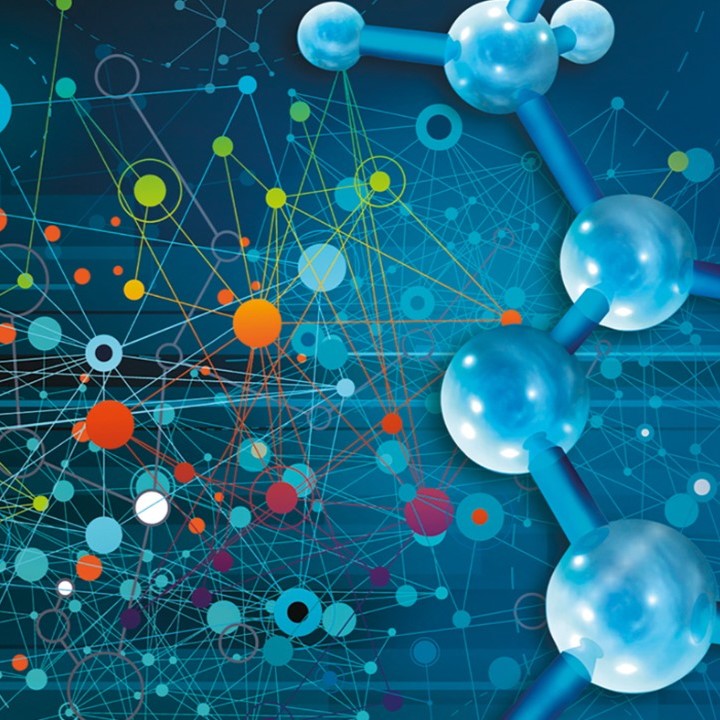
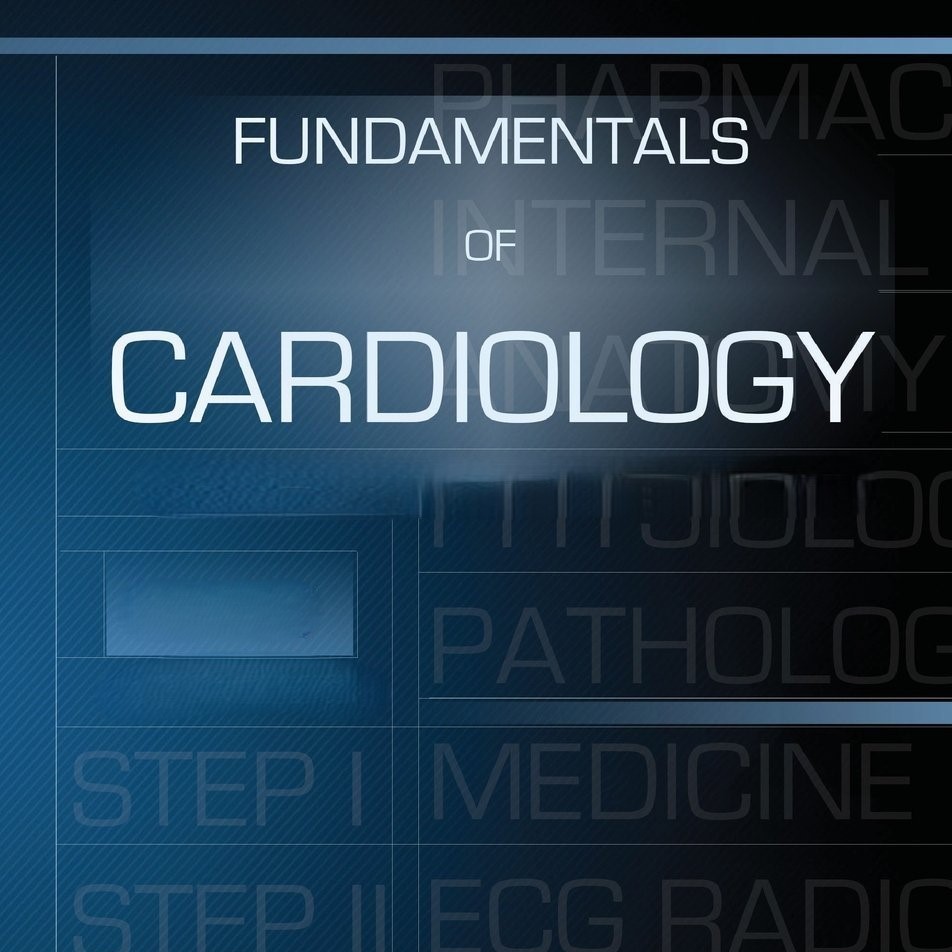
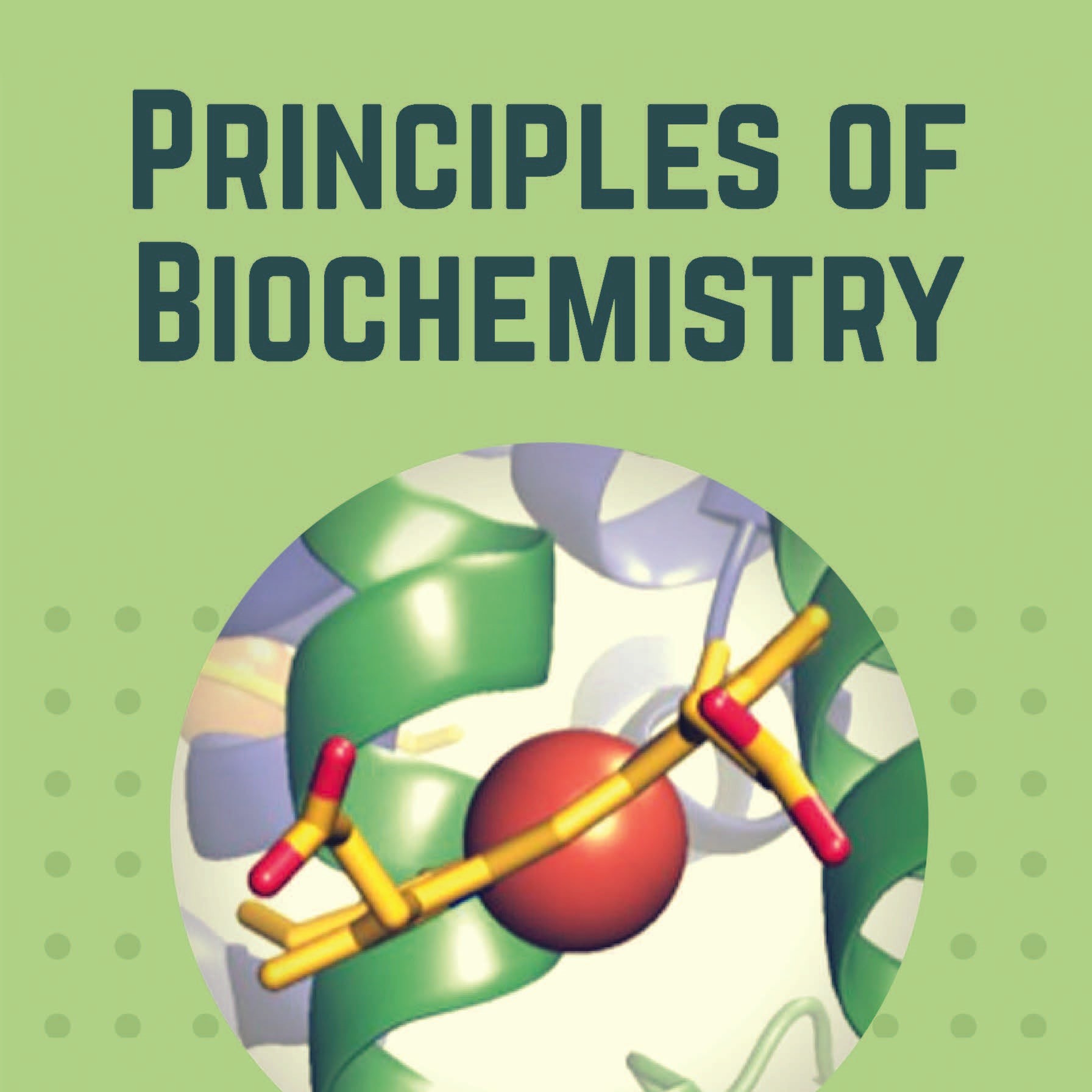
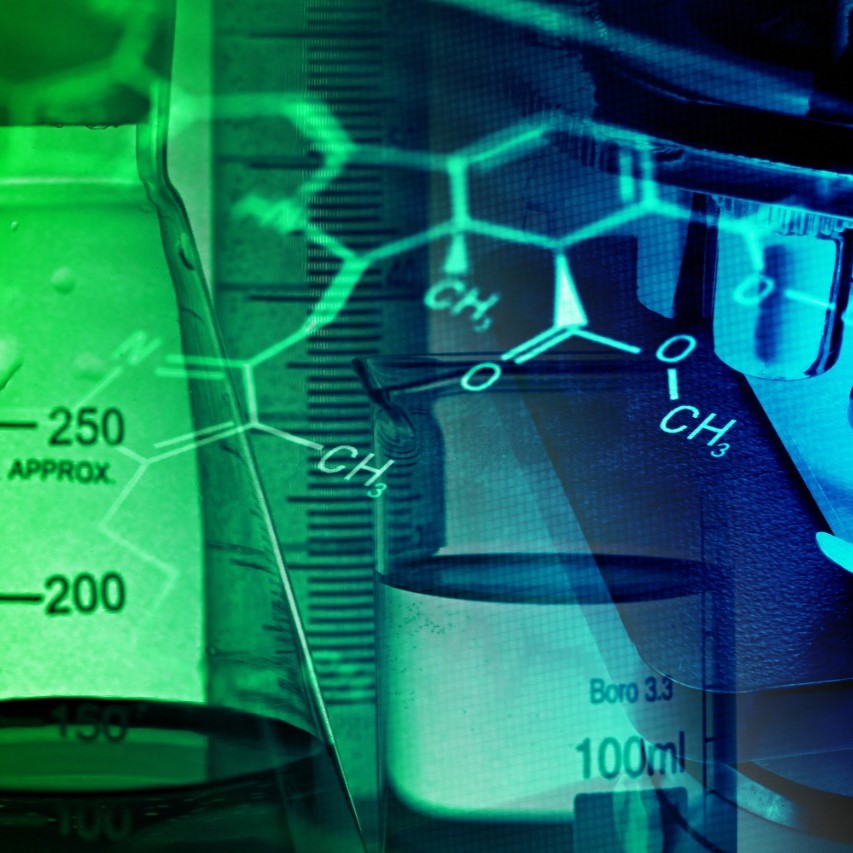
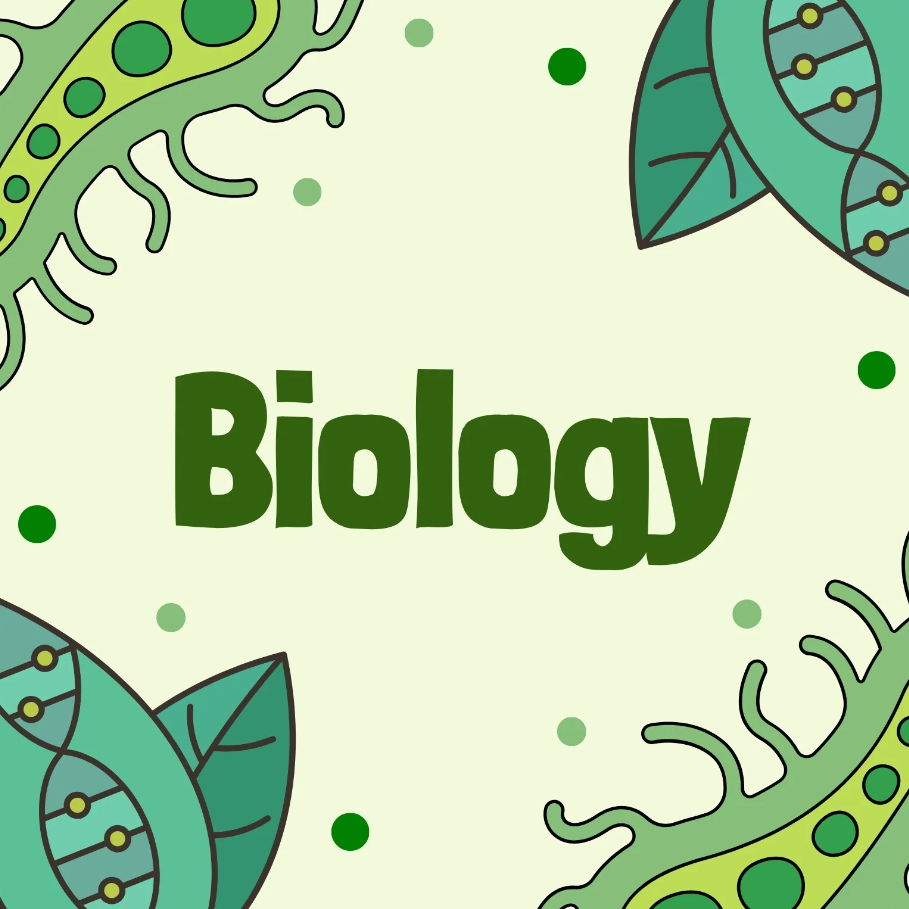

Bridget –
“Metabolomics in Life Sciences” was an exceptional learning experience. The comprehensive curriculum, led by industry experts, provided a deep understanding of metabolomics principles and applications. The hands-on experiments and interactive discussions fostered critical thinking and practical skills. The course empowered me with the knowledge and confidence to pursue further research or industry roles in metabolomics.”
Effiong –
“Metabolomics in Life Sciences” has been an extraordinary learning experience. The course provided an in-depth understanding of metabolomics techniques and their applications in biological research. The instructors were knowledgeable and engaging, fostering an interactive learning environment. The hands-on projects gave me valuable practical experience, enabling me to apply the concepts I learned. This course has not only expanded my knowledge but also enhanced my ability to analyze and interpret metabolomics data. I highly recommend it to anyone seeking to advance their understanding of this vital field.”
Hajiya –
“Metabolomics in Life Sciences” is an exceptional course that provides a comprehensive and up-to-date overview of metabolomics applications in various life science disciplines. The instructor’s expertise and passion for the subject make the learning experience engaging and informative. The curriculum covers a wide range of topics, including experimental protocols, data analysis, and metabolomics integration with other ‘omics’ platforms. I highly recommend this course to anyone interested in expanding their knowledge and skills in metabolomics research.”
Christopher –
“This course on Metabolomics in Life Sciences has been an incredibly valuable experience. The comprehensive coverage of theoretical concepts and practical applications has equipped me with a solid foundation in the field. The instructors were knowledgeable and engaging, fostering a stimulating learning environment. The hands-on lab sessions allowed me to apply my theoretical knowledge directly and gain practical skills. I highly recommend this course to anyone seeking to expand their understanding of metabolomics and its significance in life sciences.”